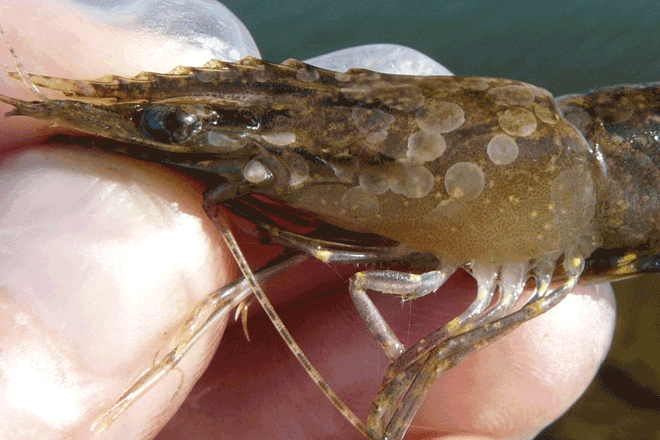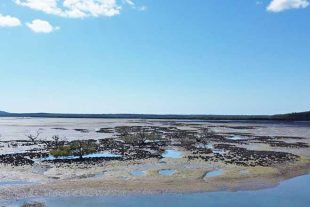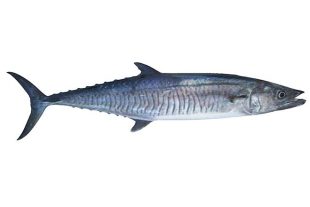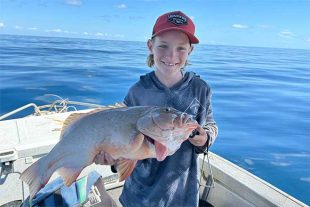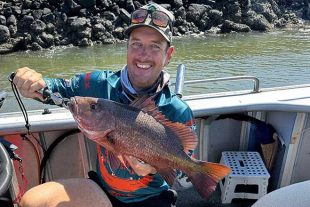ANYONE fishing in southern Moreton Bay and the Logan River should be aware of new fishing restrictions which prohibit all forms of fishing in and around prawn farms in southeast Queensland.
The fishing restrictions have been designed to reduce the risk of introducing diseases such as white spot disease into prawn farms along the Logan River.
This means all fishing, including crab potting, cast netting, line fishing and bait gathering is prohibited within 100m of water intake and outlet channels and in drainage channels used by land-based prawn farms in the Logan River region. Signs are being erected to help you identify the locations where the restrictions apply.
The restricted areas are relatively small, so should not have a big impact on fishers. While you may need to change where you fish, these restrictions will help protect Queensland’s natural waterways. Please familiarise yourself with the areas that are now closed to fishing, as heavy penalties may apply.
Why are the fishing restrictions in place?
Prawn farms and the waterways around them are high-risk areas for aquatic diseases. Fishing in these areas may increase the likelihood of a disease being introduced to the farm if contaminated bait is used.
How long will the restrictions be in place?
The fishing restrictions are in regulation and will be in place indefinitely. Where exactly are the restricted areas? A map showing the locations of where fishing is now restricted is available at daf.qld.gov.au/wsd
What is white spot disease?
White spot disease is a highly contagious viral infection that affects crustaceans such as prawns, yabbies and marine worms. When found in high-intensity production areas, such as prawn farms, white spot disease results in the rapid mortality of prawns. The virus that causes white spot disease does not affect humans at all, so all prawns in Queensland are completely safe to eat.
How do I report illegal fishing?
If you see illegal fishing, please report it via the 24-hour Fishwatch hotline on 1800 017 116 or the Department of Agriculture and Fisheries on 13 25 23.
 Bush ‘n Beach Fishing Magazine Location reports & tips for fishing, boating, camping, kayaking, 4WDing in Queensland and Northern NSW
Bush ‘n Beach Fishing Magazine Location reports & tips for fishing, boating, camping, kayaking, 4WDing in Queensland and Northern NSW

